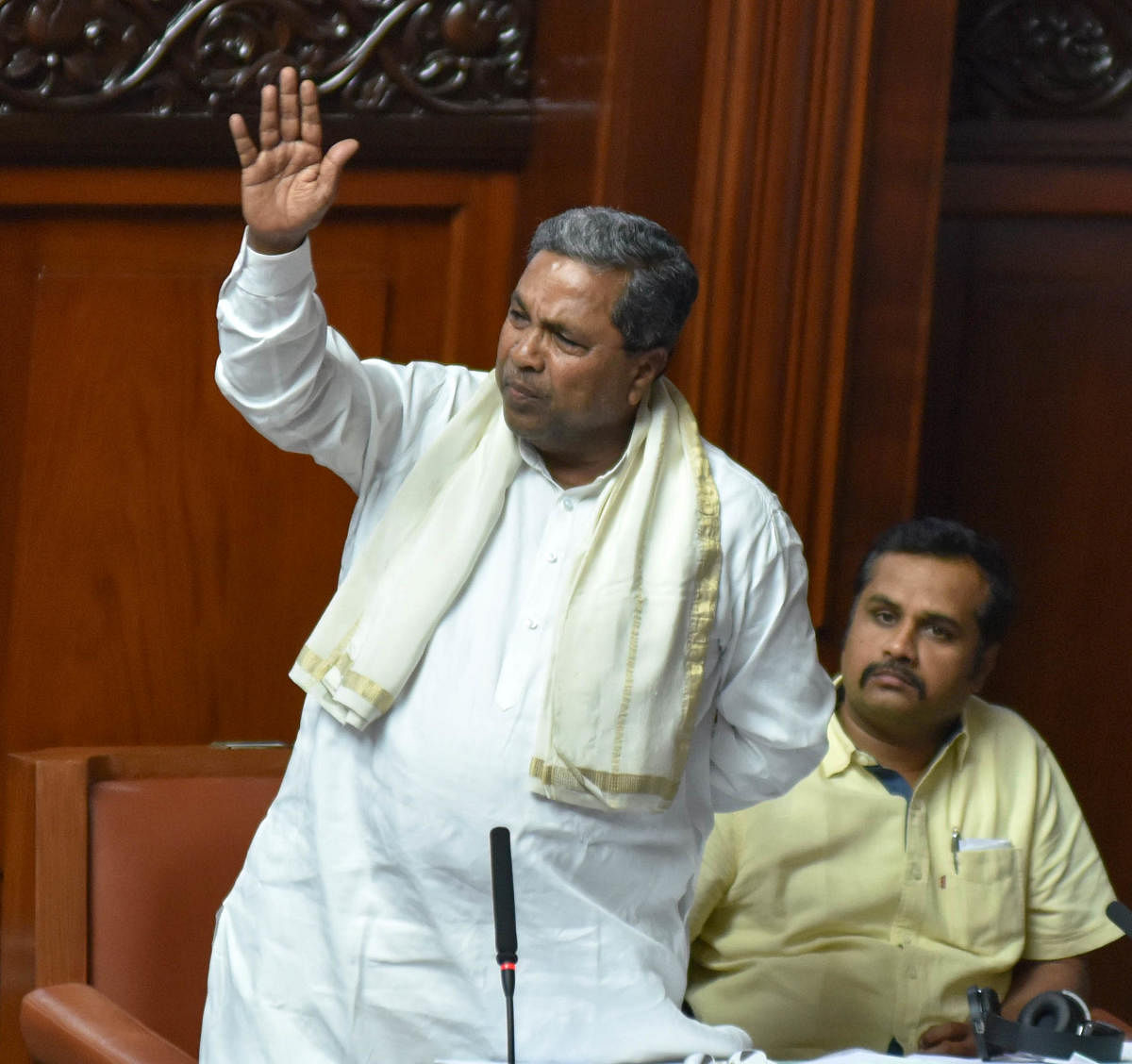
The sedition case booked by Bengaluru police against former Karnataka chief ministers Siddaramaiah and HD Kumaraswamy, besides several others, based on the orders of a lower court, once again underlines the need to scrap this draconian law. The court orders come in the wake of a complaint against the leaders by an activist, A Mallikarjuna. The charge against them is that they staged a protest near the income tax office against the “politically motivated” raids on their party men during the recent Lok Sabha elections. Others booked include Congress leaders Dinesh Gundu Rao, DK Shivakumar, G Parameshwara, then police commissioner T Sunil Kumar, two DCPs and election commission officials. Sedition is a non-bailable offence and if convicted attracts imprisonment from three years to life term. The alleged offences committed by the aforesaid do not amount to sedition by any stretch of imagination and it appears that the court passed such an order without proper application of mind to the facts of the case. While politicians are thick-skinned, such orders can have a demoralising effect on police officers and bureaucrats.
Section 124A of the IPC or the Law of Sedition is a relic of the colonial past which was used by the British to suppress dissent and the freedom movement. Ironically, while the British themselves have abolished sedition as a criminal offence, in India it continues to be misused rampantly, often to get even with political rivals. Supreme Court judge Deepak Gupta who said recently that the law was more abused than used was rather candid in his remarks, “Suppression of dissent is not the intent of the statute. Criticism of the government is not sedition. The government cannot be over-sensitive to people who make fun of it.” At best, the law can be invoked in the grave instance of someone “waging war against the State”, through acts such as attempts to overthrow the government through violent means or a coup.
While the wordings of Section 124A are vague and liable for misinterpretation by police officers, what is alarming is that the courts are now-a-days ordering registration of FIR based on complaints of sedition by even private individuals, whereas such complaints can only be made by the State. Judges should not only not hesitate to impose heavy costs on frivolous complaints that waste the time of the court, they should also desist from passing orders in a cavalier manner. Pending repeal or amendment of the sedition law, the Supreme Court should step in and issue guidelines to prevent its misuse by police and overzealous lower courts as it involves the right to freedom of speech and expression of a citizen.